In the world of finance and investment, the term "Minsky Moment" has gained recognition as a critical concept in understanding the dynamics of financial markets and economic stability. Coined by the American economist Hyman Minsky, this concept highlights the fragility of financial systems and the potential for sudden and severe market collapses. In this article, we will explore what a Minsky Moment is, its origins, how it manifests, and its significance in the context of investment.
Defining the Minsky Moment:
A Minsky Moment refers to a sudden and severe market crisis or financial collapse that occurs when a period of speculative excess and debt accumulation in an economy reaches a tipping point. This tipping point is characterized by a sharp decline in asset prices, a wave of defaults on loans and debts, and often leads to a systemic financial crisis.
The Minsky Cycle:
The concept of a Minsky Moment is closely tied to Minsky's financial instability hypothesis, which outlines a three-stage cycle of economic behavior:
1. Hedge Finance: In the early stages of an economic cycle, borrowers typically have the income and cash flow to cover both interest payments and the principal of their debts. This is known as "hedge finance" and represents a stable financial environment.
2. Speculative Finance: As economic conditions improve and optimism grows, borrowers become willing to take on more debt, often to invest in speculative assets like real estate or stocks. In this stage, known as "speculative finance," borrowers rely on the appreciation of asset prices to service their debts. However, they may not have sufficient income to cover both interest and principal payments.
3. Ponzi Finance: In the final stage of the cycle, called "Ponzi finance," borrowers rely solely on the continuous appreciation of asset prices to cover interest payments and refinance their debts. They have no margin of safety and are highly vulnerable to any downturn in asset prices.
A Minsky Moment occurs when the transition from speculative to Ponzi finance is accompanied by a sudden and severe market correction or economic shock, leading to a cascading wave of defaults and financial instability.
Key Elements of a Minsky Moment:
A Minsky Moment typically exhibits the following elements:
1. Excessive Debt: The economy experiences a period of excessive borrowing and debt accumulation, often driven by rising asset prices and optimism about future returns.
2. Asset Bubbles: Speculative bubbles develop in asset markets, such as housing, stocks, or commodities, leading to inflated prices and unsustainable valuations.
3. Leverage and Risk: Borrowers take on high levels of leverage (debt relative to income or equity), increasing their vulnerability to market downturns.
4. Sudden Correction: A trigger event, such as a sharp decline in asset prices, a credit market freeze, or an economic shock, exposes the fragility of the financial system.
5. Defaults and Panic: A wave of defaults occurs as borrowers can no longer service their debts, leading to panic in financial markets and a loss of confidence in the stability of the system.
Significance in the Context of Investment:
Understanding the concept of a Minsky Moment is significant for investors for several reasons:
1. Risk Awareness: A Minsky Moment underscores the importance of being aware of market excesses, speculative bubbles, and the potential for sudden downturns in asset prices.
2. Risk Management: Investors can use the Minsky framework to assess their own portfolios for excessive leverage and exposure to speculative assets, allowing for more informed risk management decisions.
3. Timing and Strategy: Recognizing the potential for a Minsky Moment can inform investment timing and strategy, prompting investors to be cautious during periods of excessive speculation and take advantage of opportunities during market corrections.
4. Diversification: Maintaining a diversified portfolio can help mitigate the impact of a Minsky Moment, as it reduces exposure to any single asset or sector.
5. Macroeconomic Analysis: Investors can benefit from monitoring macroeconomic indicators, financial market conditions, and government policies that may contribute to or mitigate the risk of a Minsky Moment.
In conclusion, a Minsky Moment represents a critical turning point in financial markets, characterized by the collapse of speculative excess and the onset of a financial crisis. Understanding the dynamics and warning signs associated with a Minsky Moment is essential for investors seeking to navigate the complexities of financial markets, make informed investment decisions, and safeguard their portfolios against the risks of excessive leverage and unsustainable asset bubbles.

